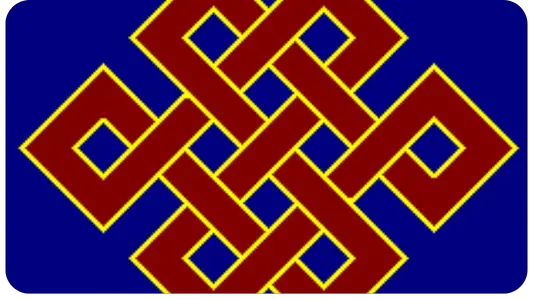Assaji (Malay: Assaji; Sanskrit: Asvajit) was one of the first five arahants of Gautama Buddha. He is known to have accomplished the conversion of the Buddha's two main disciples, Sariputta and Mahamoggallana. He lived in what is now Uttar Pradesh and Bihar, in northern India, during the sixth century BCE.
Background
Assaji was born into a Brahmin family. His father was one of eight Brahmin scholars invited to Kapilavastu by Suddhodana, the monarch of the Sakya kingdom, to read the fortune of his son Siddhartha.
Assaji's father and six other Brahmins predicted that Siddhartha would become a great religious leader or a great military monarch. Kaundinya, the youngest of them, was the only one to confidently assert that Siddhartha would become a buddha.
As a result, when Siddhartha renounced the world, Kaudinya and Assaji, as well as Bhaddiya, Vappa and Mahanama, three sons of three scholars, followed Siddhartha in his ascetic life.
The five joined Siddhartha in self-mortification practices at Uruvela. When Siddhartha abandoned their practices to follow the Middle Way, they left him, disappointed, believing that he had become indulgent.
Arahant
However, after Enlightenment, the Buddha visited them in Sarnath, where they had gone after the group split. The Buddha preached the Four Noble Truths and the Dhammacakkappavattana Sutra, and they became the first five bhikkhus of the sangha.
Assaji was the last to understand the teachings, and the Buddha had to give further explanations to him and Mahanama, while the other three bhikkus went begging for souls. He was the last to attain sotapanna, the first stage of arahant. He became an arahant along with the others, preaching the Anattalakkhana Sutra.
Conversion of Sariputta and Mahamoggallana
Assaji was begging for alms in Rajagaha, when Sariputa, on his religious quest, found him. Impressed by Assaji's behavior, Sariputa followed him until he had finished.
Assaji then sat down and Sariputta asked him about his master and his doctrine. At first, Assaji was reluctant to preach, explaining that he was inexperienced. He yielded, however, to Sariputta's exhortations, reciting the following verse:
" Of all things that from a cause ascend,
Tathagata counted the cause;
And how they cease to be, that also he says,
That is the doctrine of the Great Hermit.
Sariputta understood, gaining sotapanna, the first stage of the Arahant after hearing the teachings. He went out to tell Mahamoggallana, his childhood friend, that he had succeeded in his religious quest. Both became bhikkhus of the sangha and went on to become the Buddha's two main disciples.
Assaji was greatly revered by Sariputta, and wherever he resided, Sariputta would extend his hands in a reverent gesture of supplication, as well as turn his head in his sleep, in his direction.
On a day when Assaji was walking around Vaixali in search of souls, Nigantha Saccaka, who was seeking ascetics for a debate, questioned him about the Buddha's dharma, since Assaji was a prominent disciple.
Assaji delivered a summary of the doctrine contained in the Anattalakkhana Sutta. Confident in his ability to refute this view, Saccaka went with a large crowd of Licchavis to the Buddha and questioned him. That was the occasion of the preaching of the Cula-Saccaka Sutta.





